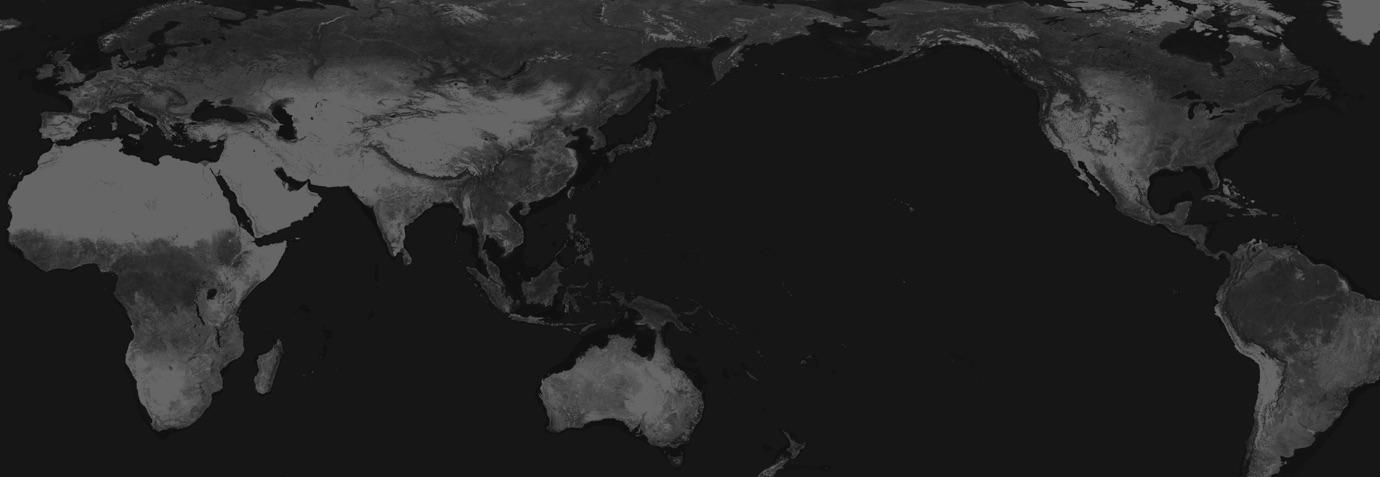If it’s your first time visiting Malaysia, a good place to start is in Kuala Lumpur, the nation’s capital. It’s a modern architectural marvel that is a hub for South-East Asia. Here you’ll find a buzzing culinary scene and shopping galore.
Head out of the city and you’ll find Taman Negara, the world’s oldest tropical rainforest – even older than the Amazon rainforest. It’s estimated to be approximately 130 million years old. If you’re lucky enough to visit, see if you can catch a glimpse of the famous Malayan tiger.
For those who prefer a cultural experience, visit Kek Lok Si (the Temple of Supreme Bliss), the largest Buddhist temple in South-East Asia, built in 1893. It’s situated on the island of Penang and boasts a seven-story pagoda with stunning white alabaster and bronze statues of the Buddha.
As exciting as a trip to Malaysia may be, it’s important to consider the risks of disease and illness that can very quickly turn an unbelievable trip of a lifetime into an unforgettable one, for all the wrong reasons.
Speak with your healthcare professional about which vaccinations or other preventative measures you might need prior to your departure.

